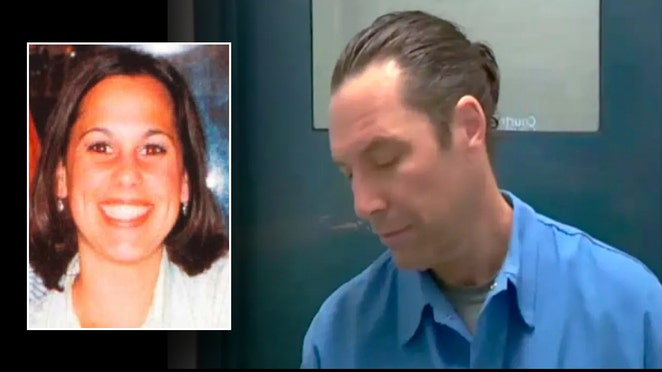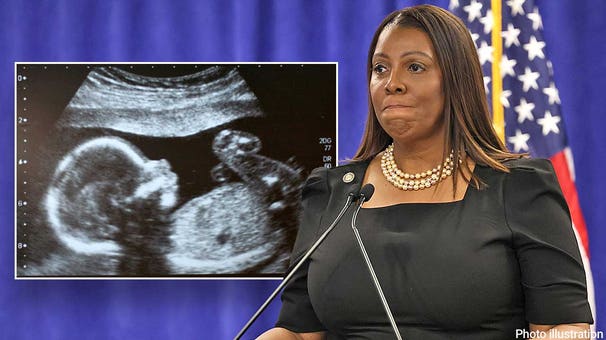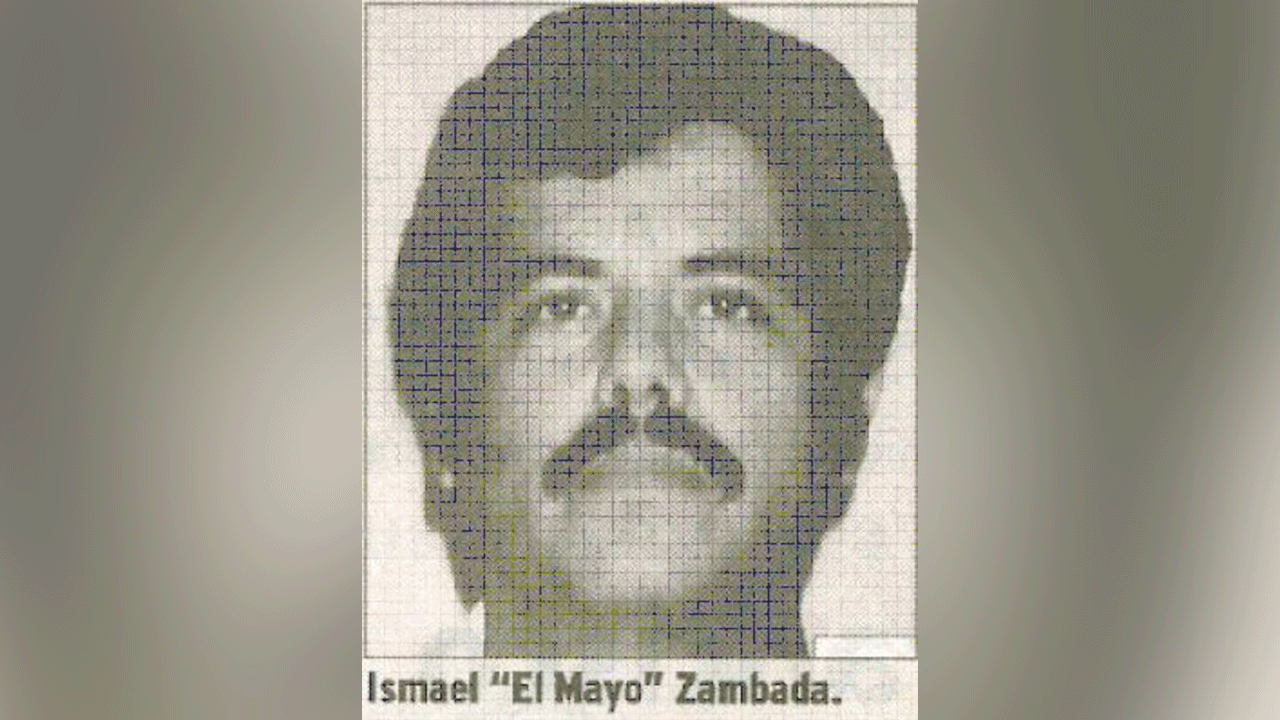Amidst ongoing turmoil, a new poll reveals a significant decline in public trust in the Secret Service's ability to safeguard presidential candidates following the assassination attempt on former President Trump in Pennsylvania.
The Secret Service, an organization entrusted with the responsibility of protecting the nation's presidents and other high-ranking officials, has found itself mired in controversy and declining public trust. A recent poll conducted by the Associated Press-NORC Center for Public Affairs Research has exposed a deep rift in American confidence in the agency's ability to effectively protect presidential candidates from violence.
According to the poll, only around 3 in 10 Americans possess "extreme" or "very" strong confidence in the Secret Service's capacity to safeguard candidates from harm prior to the upcoming November election. This concerning statistic has emerged in the wake of the attempted assassination of former President Trump in Butler, Pennsylvania, just three weeks ago.

Secret Service Trust Plummets After Trump Assassination Attempt
Political divides have also surfaced in the poll's findings. Democrats overwhelmingly place greater blame on gun accessibility, with six in ten respondents citing it as bearing a significant portion of responsibility for the Trump shooting. In contrast, only about one-third of independents and a mere 15% of Republicans share this view.
Republicans, on the other hand, are more inclined to attribute a greater degree of culpability to the Secret Service. Approximately half of those polled believe the agency has a substantial amount of responsibility for the incident, compared to around 4 in 10 Democrats and independents.

Secret Service Trust Plummets After Trump Assassination Attempt
Overall, a resounding 7 in 10 Americans believe the Secret Service bears at least some level of accountability for the assassination attempt, while roughly half perceive local Pennsylvania law enforcement as sharing some degree of responsibility as well.
The poll further unveils that Americans overwhelmingly recognize political division within the nation as a primary factor in the assassination attempt. The majority of respondents attribute a significant portion of responsibility to this contentious climate.

Secret Service Trust Plummets After Trump Assassination Attempt
Distrust extends beyond the Secret Service, as only about one-third of Americans express high confidence that the Department of Homeland Security, which oversees the Secret Service, will conduct a thorough and impartial investigation into the Trump assassination attempt.
The Secret Service has a rich history, initially established during the Civil War to combat currency counterfeiting. However, its role gradually evolved to include the protection of presidents, a responsibility formally mandated by Congress after President William McKinley's assassination in 1901.

Secret Service Trust Plummets After Trump Assassination Attempt
Over the years, the agency's protection mandate has expanded to encompass immediate presidential family members, presidents-elect, and vice presidents. The tragic shooting of President Harry S. Truman's police officer in 1950 led to an extension of protection to former presidents, while the assassination of Senator Robert F. Kennedy in 1968 prompted Congress to authorize the protection of major presidential and vice presidential candidates.
As the investigation into the Trump assassination attempt continues, the Secret Service faces the daunting task of regaining public trust while ensuring the safety of those they are sworn to protect. The poll's findings serve as a stark reminder of the urgent need for accountability, transparency, and a thorough examination of the agency's protocols and procedures.










